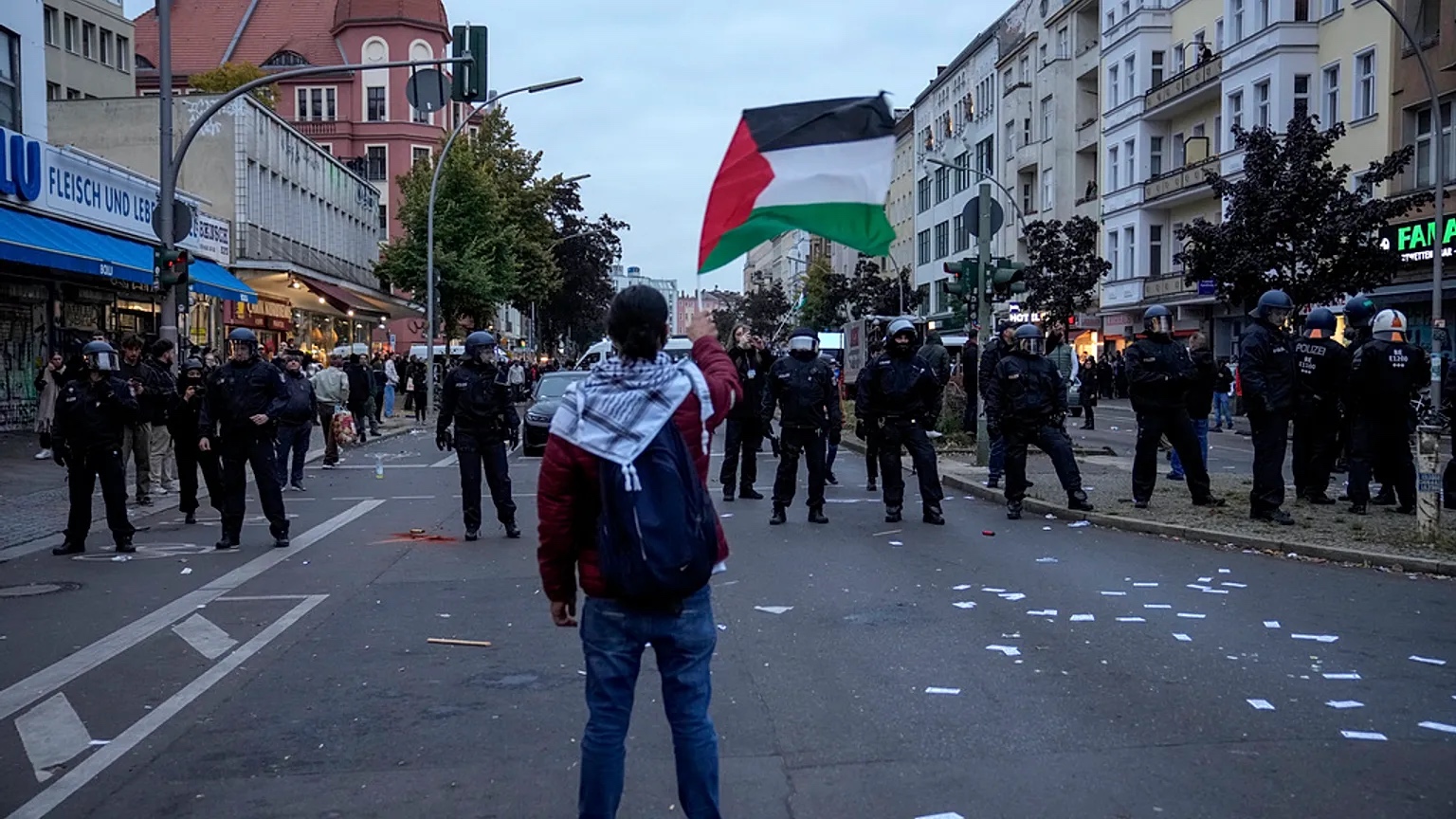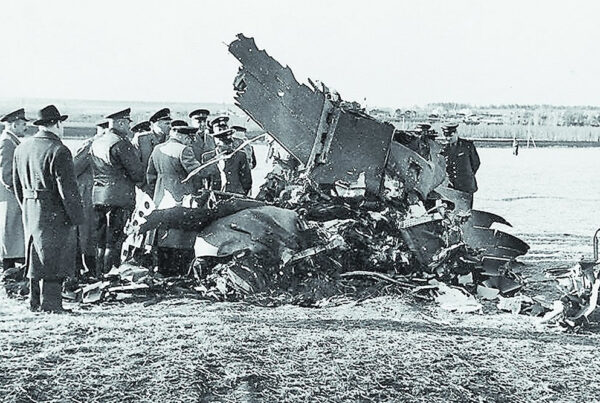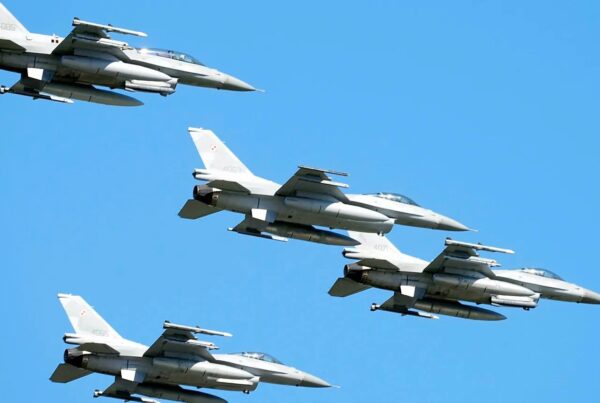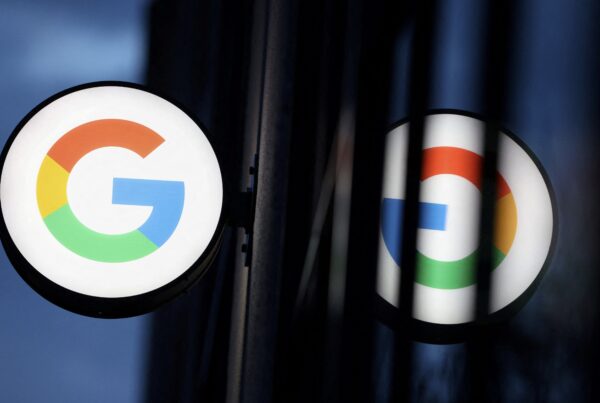Milan, Italy—Thousands of pro-Palestine demonstrators clashed with police in Milan today, sparking chaos across major Italian cities. The protests are a direct response to Prime Minister Giorgia Meloni’s refusal to recognize the State of Palestine, a decision that runs counter to diplomatic moves made by many other European nations. The initially peaceful mass action quickly turned violent, as protestors demanded the government take concrete steps to end the humanitarian crisis in Gaza.
The demonstrators, consisting largely of human rights activists and labor unions, criticized the Italian government for being “passive” in the face of the Israel-Palestine conflict. They demanded that the government immediately recognize Palestine as an independent state and sever all trade and military ties with Israel. In Milan, the situation worsened when a group of demonstrators dressed in all black attempted to damage the main entrance of the train station. They threw smoke bombs, bottles, and rocks at security officers. Police responded with tear gas and pepper spray to disperse the crowd. An official source from the Italian National Police, in a statement published on the Ministry of Interior’s website (external link to the Italian Ministry of Interior website), reported over 10 arrests and approximately 60 officers injured in the clashes.
Escalation and Official Reactions
The escalation of tensions on the streets of Italy was evident from the morning. In Rome, tens of thousands of people gathered near the main train station before marching and blocking the city’s outer ring road. This action caused severe traffic congestion and disrupted residents’ daily activities. A similar situation occurred in Bologna, where police were forced to use water cannons to disperse protestors blocking a main road. These riots mark one of the most significant and violent pro-Palestine protests in Italy in recent years. In Genoa, port workers from the Autonomous Collective of Port Workers (CALP) staged a blockade. They called for solidarity with the people of Palestine and refused to load ships suspected of carrying military supplies for Israel.
Giorgia Meloni’s government has affirmed its stance of supporting a “two-state solution” but refuses to recognize Palestine at this time. Meloni argues that unilateral recognition would be counterproductive and would not aid the peace process. However, this stance has drawn sharp criticism from various opposition groups. Politicians from the Democratic Party, for instance, have accused the government of ignoring strong public sentiment. Political analyst Professor Marco Rossi from Sapienza University of Rome noted that the Italian government’s position “reflects a more conservative foreign policy shift,” similar to alliances built with the United States under Donald Trump.
Social and Economic Impact of the Demonstrations
The riots have not only impacted security but also social and economic life. Widespread traffic disruptions in major cities forced many businesses, especially small shops, to close early. The tourism sector was also affected, with many tourists reporting difficulties getting around. The riots have also fueled fierce debate on social media and national television. Italians are divided between those who support the right to protest and those who condemn the violence that occurred. The hashtags #FreePalestine and #PeaceinGaza have dominated online conversations, showing how deeply this issue has resonated with the Italian public. Economic analysts estimate the financial damage at millions of Euros, though the exact figures are still being calculated.
This wave of pro-Palestine demonstrations serves as a powerful reminder of the public’s growing demand for the government to take a strong stance on the conflict in Gaza. Although the government is trying to calm the situation, resistance from civil society demanding official recognition of the State of Palestine seems unlikely to subside. The tension on the streets of Italy shows that this issue is no longer just a diplomatic matter; it has become a divisive domestic issue.






